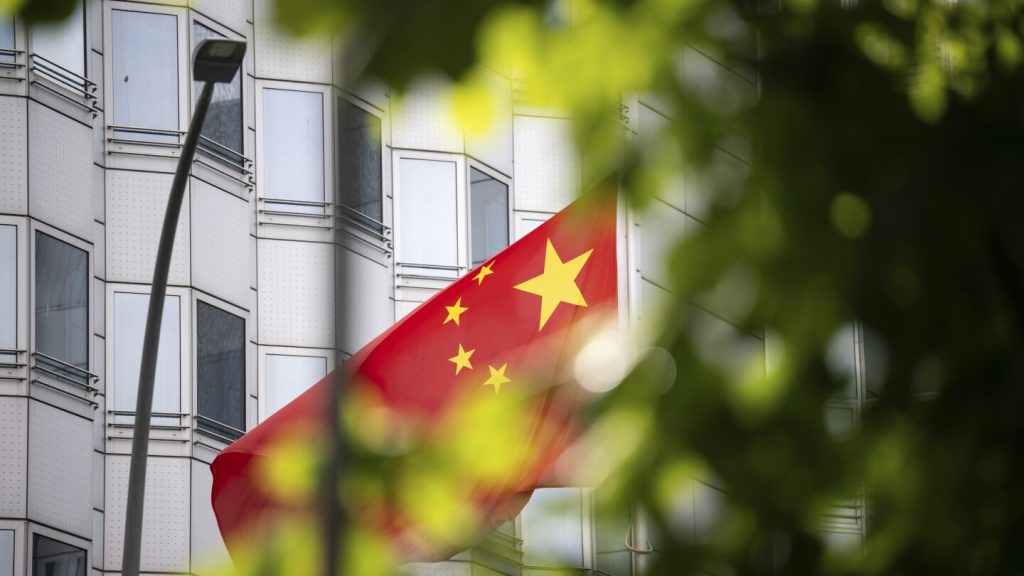German prosecutors have arrested three suspects accused of spying for China and illegally transferring technology with potential military applications. The suspects, all German citizens, are believed to have been working for Chinese intelligence before June 2022. One of the suspects, identified as Thomas R., allegedly acted as an agent for an employee of China’s Ministry of State Security, procuring information on militarily usable technologies in Germany. He worked with a couple, Herwig F. and Ina F., who own a company in Duesseldorf, to contact and collaborate with German researchers.
The couple established a research transfer agreement with an unnamed German university, focusing on technology related to machine parts for powerful ship engines, potentially for battleships. The Chinese partner behind the project was funded by the Chinese state. The suspects were also in negotiations for further research projects that could enhance China’s naval combat capabilities. Prosecutors stated that the suspects received funding from MSS to procure a special laser, which was then exported to China without permission. The laser was classified as a “dual-use” instrument under EU rules.
The arrests came shortly after German Chancellor Olaf Scholz’s visit to China, but officials did not confirm whether the government was aware of the case during the trip. Germany recently released a strategy for relations with China, acknowledging a systemic rivalry with the Asian power and emphasizing the need to mitigate economic dependency risks. The government expressed a desire to collaborate with China on issues like climate change while remaining vigilant against Chinese espionage activities. Interior Minister Nancy Faeser hailed the arrests as a victory for counterespionage efforts, emphasizing the ongoing threat of Chinese espionage in business, industry, and science.
The suspects’ homes and offices in Duesseldorf and Bad Homburg were searched during the arrests. The case highlights the ongoing concerns surrounding foreign espionage activities and the need for enhanced security measures in Germany. The government’s strategy to counter Chinese espionage emphasizes the importance of addressing both analog and digital threats posed by Chinese intelligence services and state-controlled groups. By taking decisive action against espionage activities, Germany aims to protect its businesses, industries, and scientific research from potential security breaches.
The arrests underscore the broader challenges faced by countries in balancing relations with China, a key economic partner, while safeguarding against security threats. Germany’s approach reflects a nuanced strategy of engagement and vigilance, acknowledging the benefits of cooperation on shared challenges like climate change while actively countering espionage activities. As global competition intensifies, countries like Germany are increasingly focused on securing their technological advancements and preventing unauthorized transfers of sensitive information to potential adversaries. The recent arrests serve as a reminder of the complex dynamics at play in international relations, where economic interests must be balanced with national security concerns.


